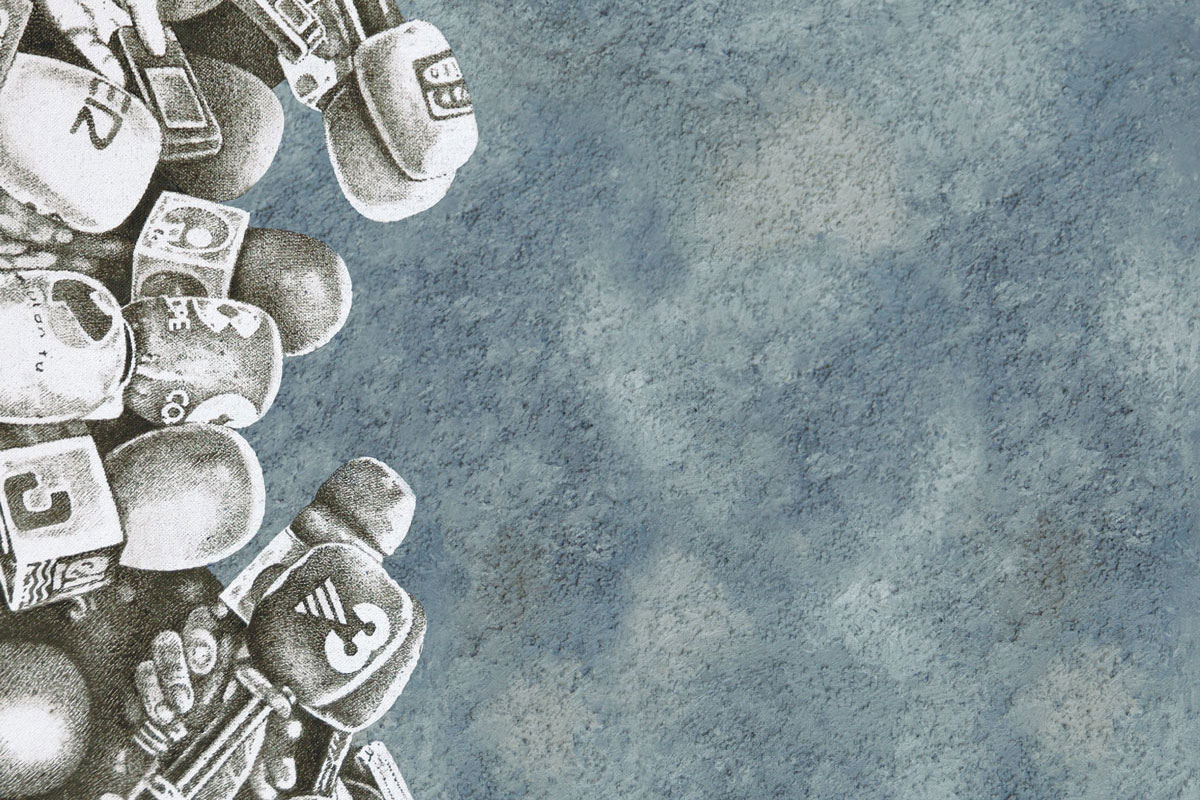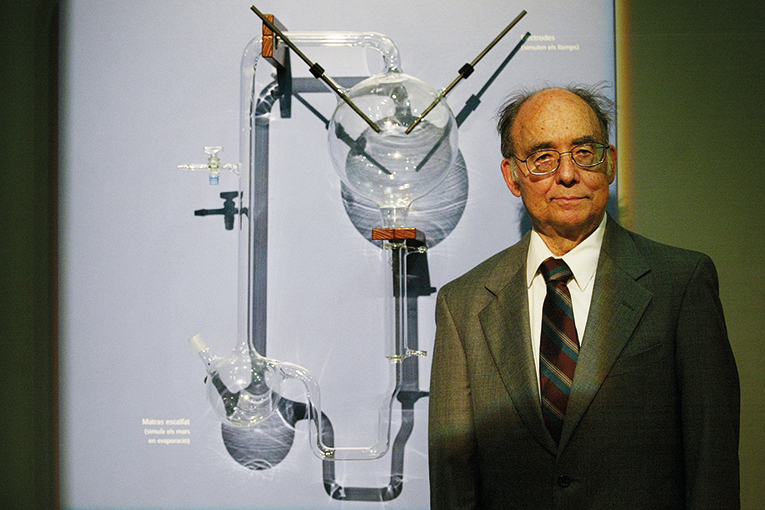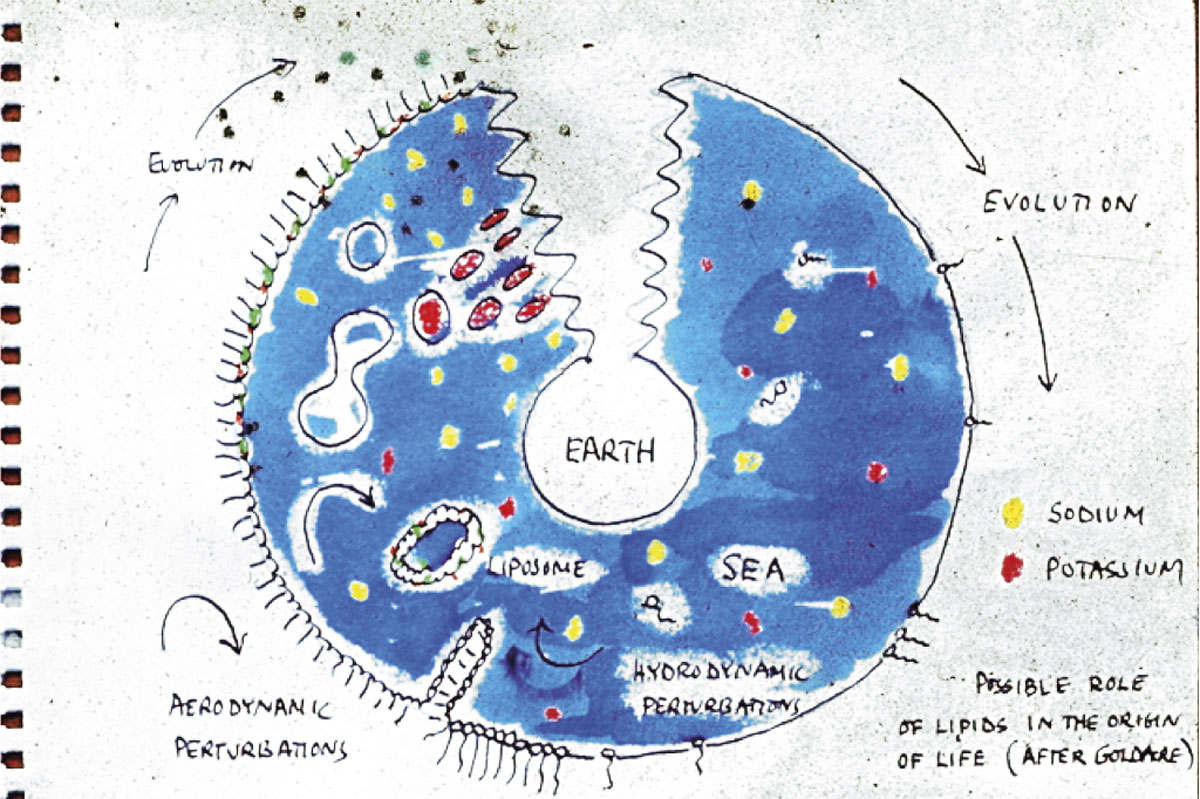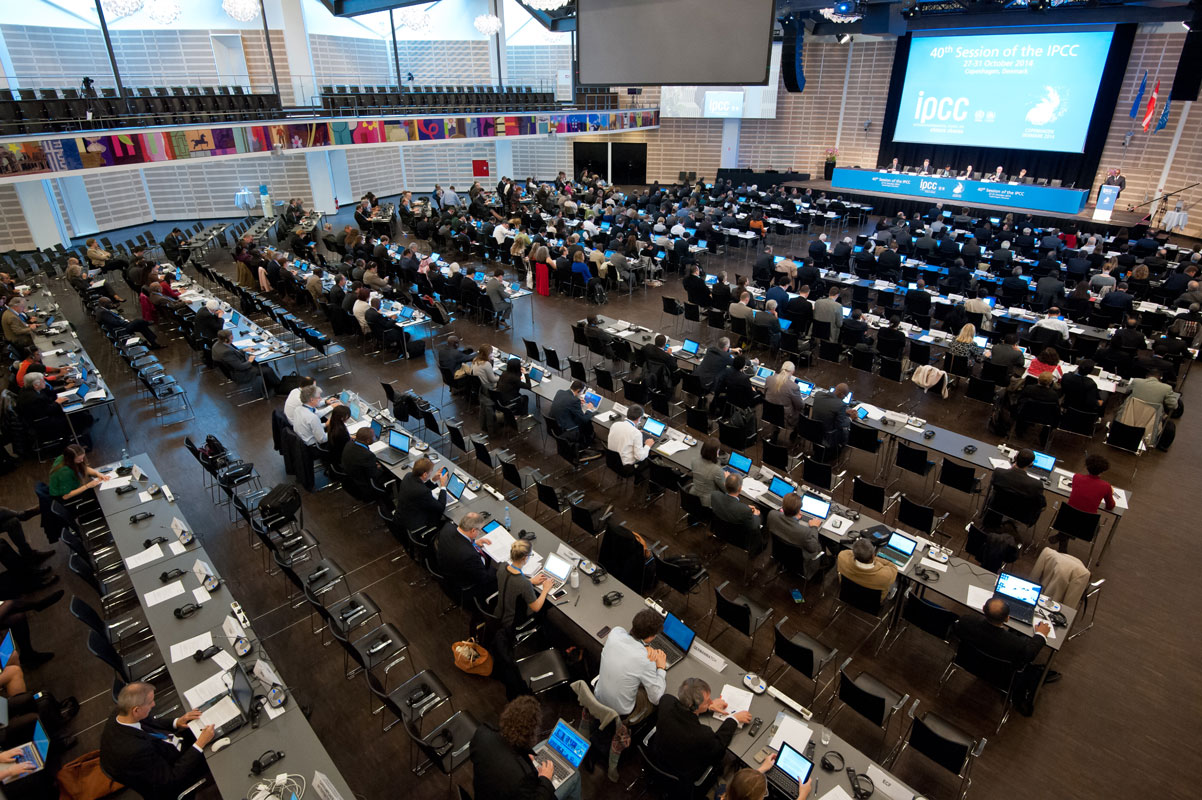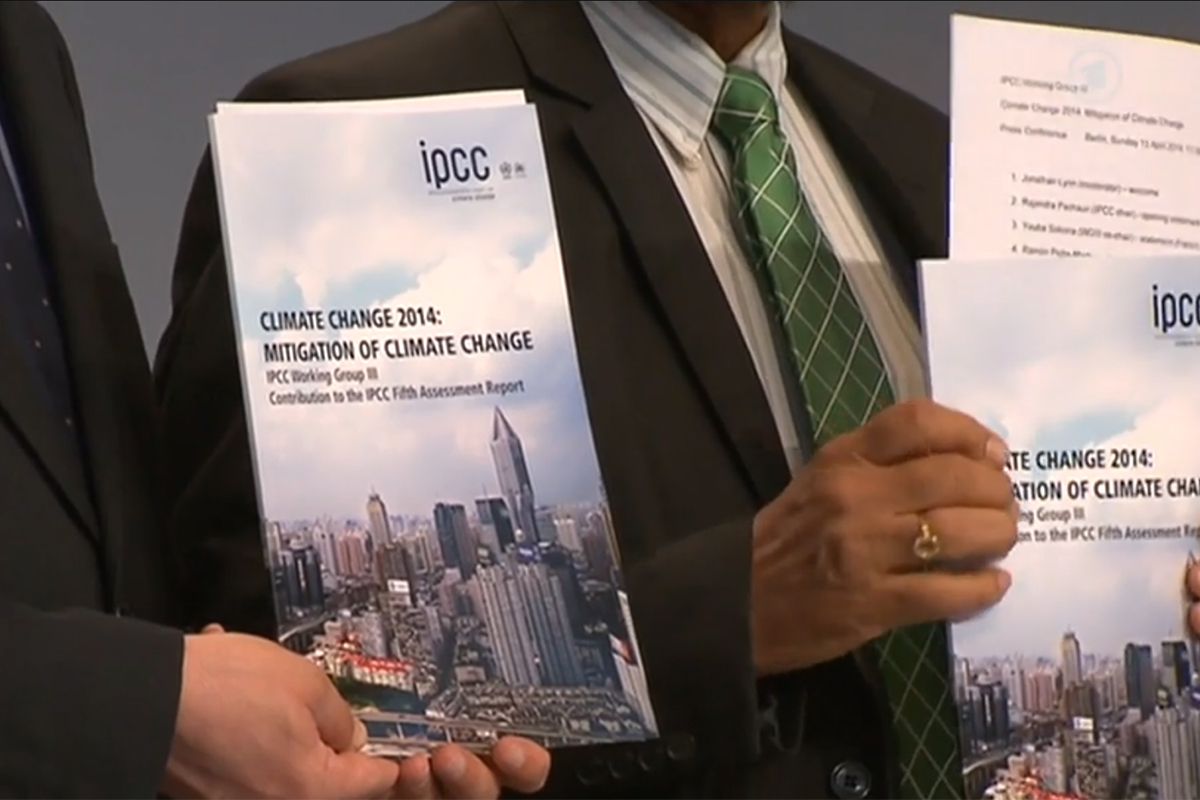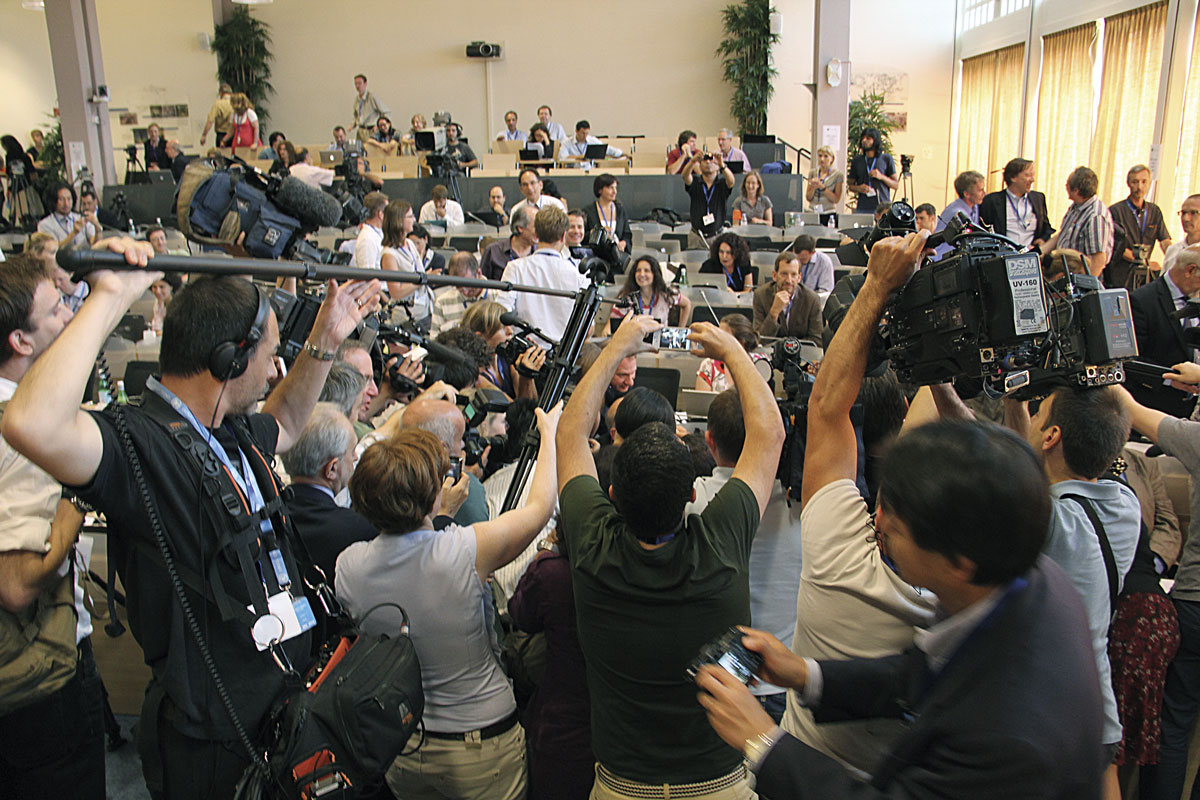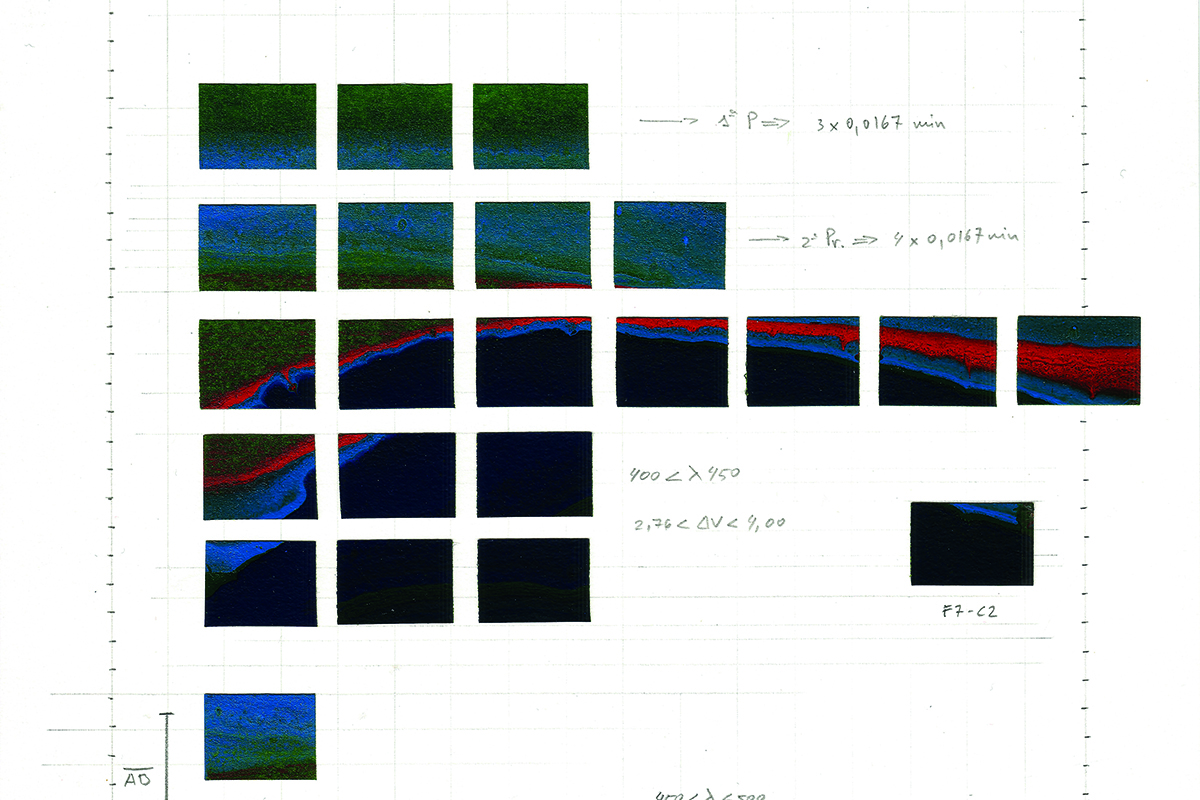Search
Good communication is fundamental in the promotion and maintenance of individual and collective health. Despite the vast amount of information we can currently access, misconceptions still persist in fundamental topics
«The question of the origin of life is one of the fundamental problems of science.» Few would disagree with this statement by the Russian biochemist Alexander I. Oparin, pioneer in
Paradoxes – and the problem they present for logic – can be traced as a subject for reflection from the Sophists to contemporary language philosophers and mathematicians, visiting Aristotle, Abel
Rhetoric has always been linked to markets or forums, to social interaction, to the verbal weapons of debate and the activation of emotions and the manipulation of others. Its history
Eight out of ten Spaniards think the hole in the ozone layer, caused by human actions, is the key physical cause of climate change. This belief, constructed from scientific elements (concepts, images, icons, discourse), is a product of popular culture. Science has never confirmed this relationship.

